
 Broderick Adams
Broderick AdamsThe Heart of Local Food
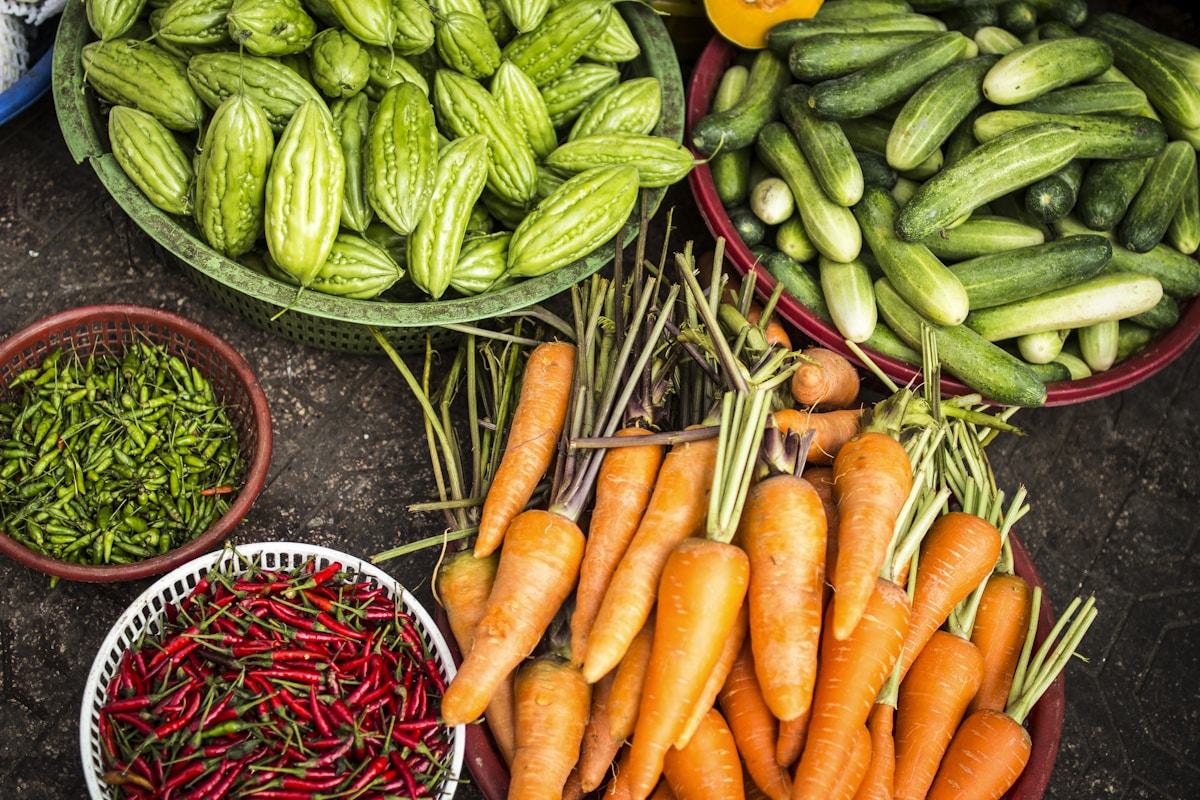
At Emory Market Gardens, we believe food is more than what's on your plate — it's a connection. A connection between the soil and your supper, the grower and the eater, and the community that brings it all together.
Local food systems are the backbone of that connection. They keep our communities strong, our food fresh, and our environment healthy.
What Is a Local Food System?
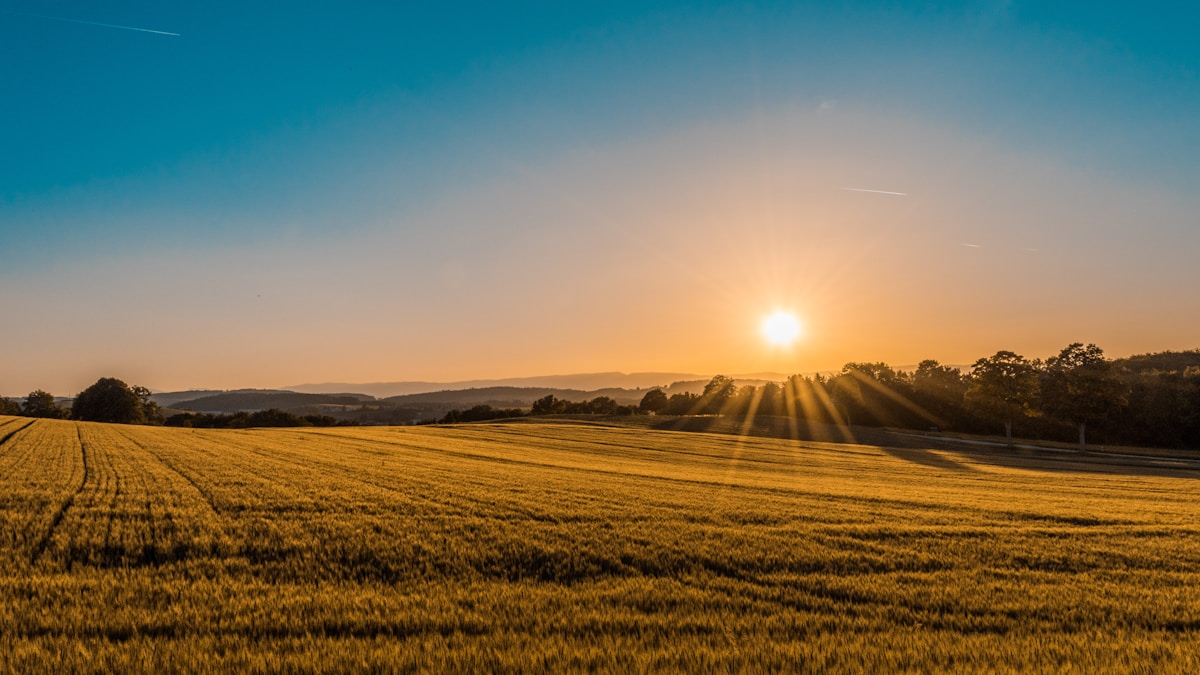
A local food system is simply the network of farmers, producers, and customers working together within a region to grow, sell, and enjoy food close to home. It's the opposite of large-scale, industrial agriculture where produce travels thousands of miles before reaching your grocery shelf.
When food stays local, everyone benefits — from the farmer to the family sitting down at the dinner table.
Why Local Food Systems Matter
Fresher, More Nutritious Food
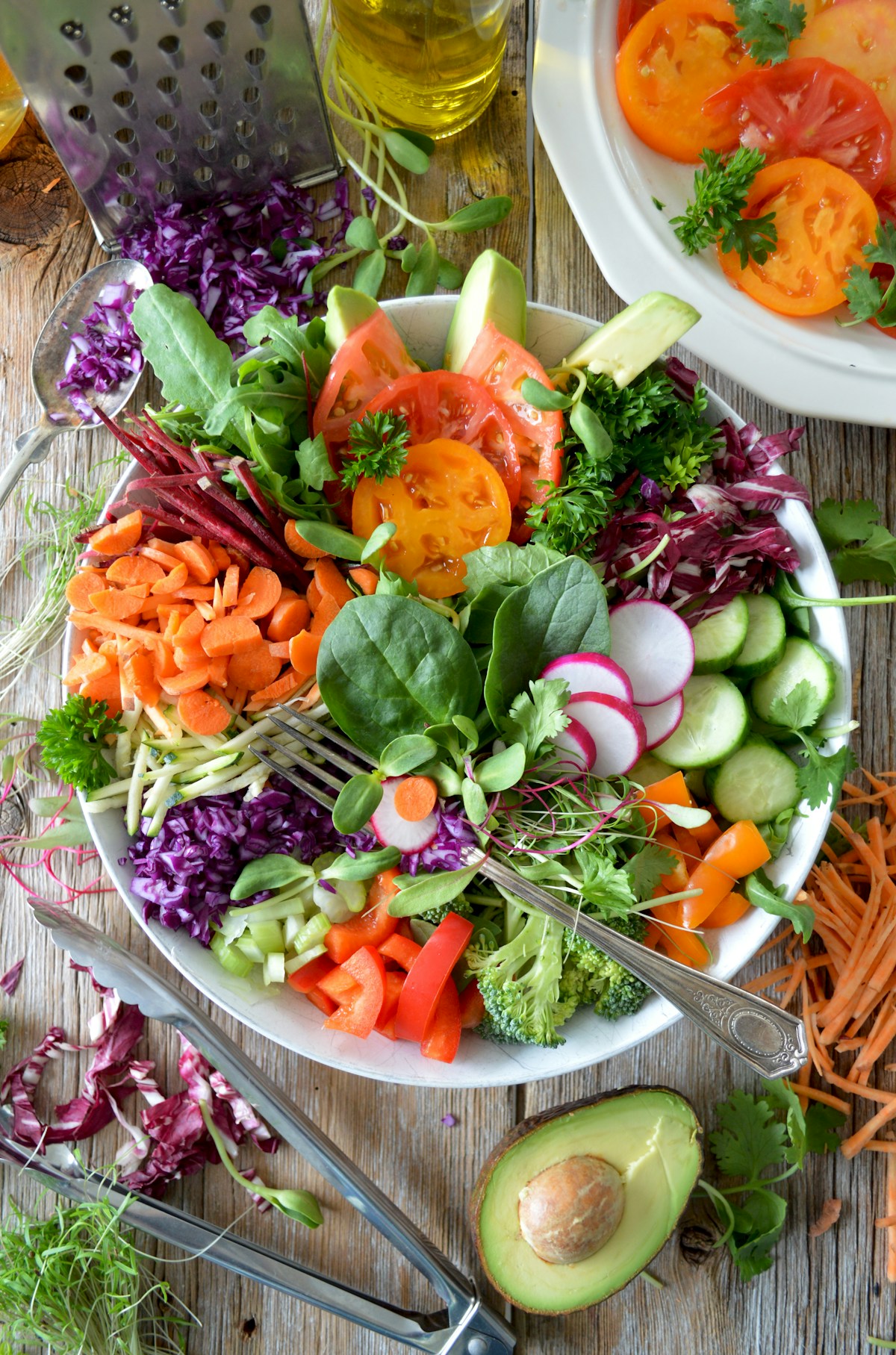
When produce is grown nearby, it's picked at peak ripeness and delivered quickly — not stored in warehouses or shipped across states. That means your carrots are sweeter, your mushrooms more flavorful, and your greens packed with nutrients.
Stronger Local Economies
Buying directly from local farmers keeps money circulating in the community. It supports jobs, helps small farms thrive, and encourages new growers to take root. Every dollar spent locally goes further — nourishing both people and place.
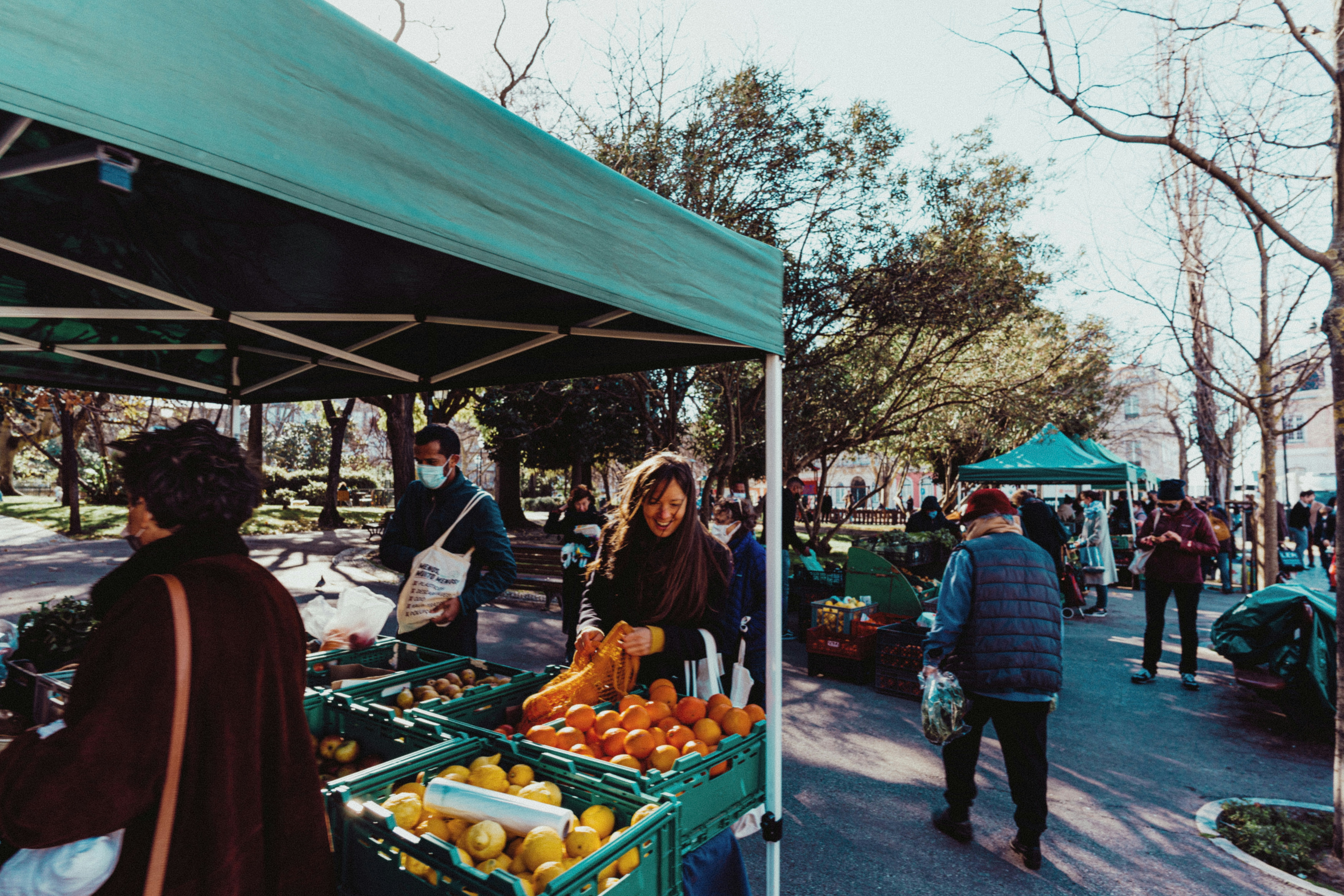
Environmental Stewardship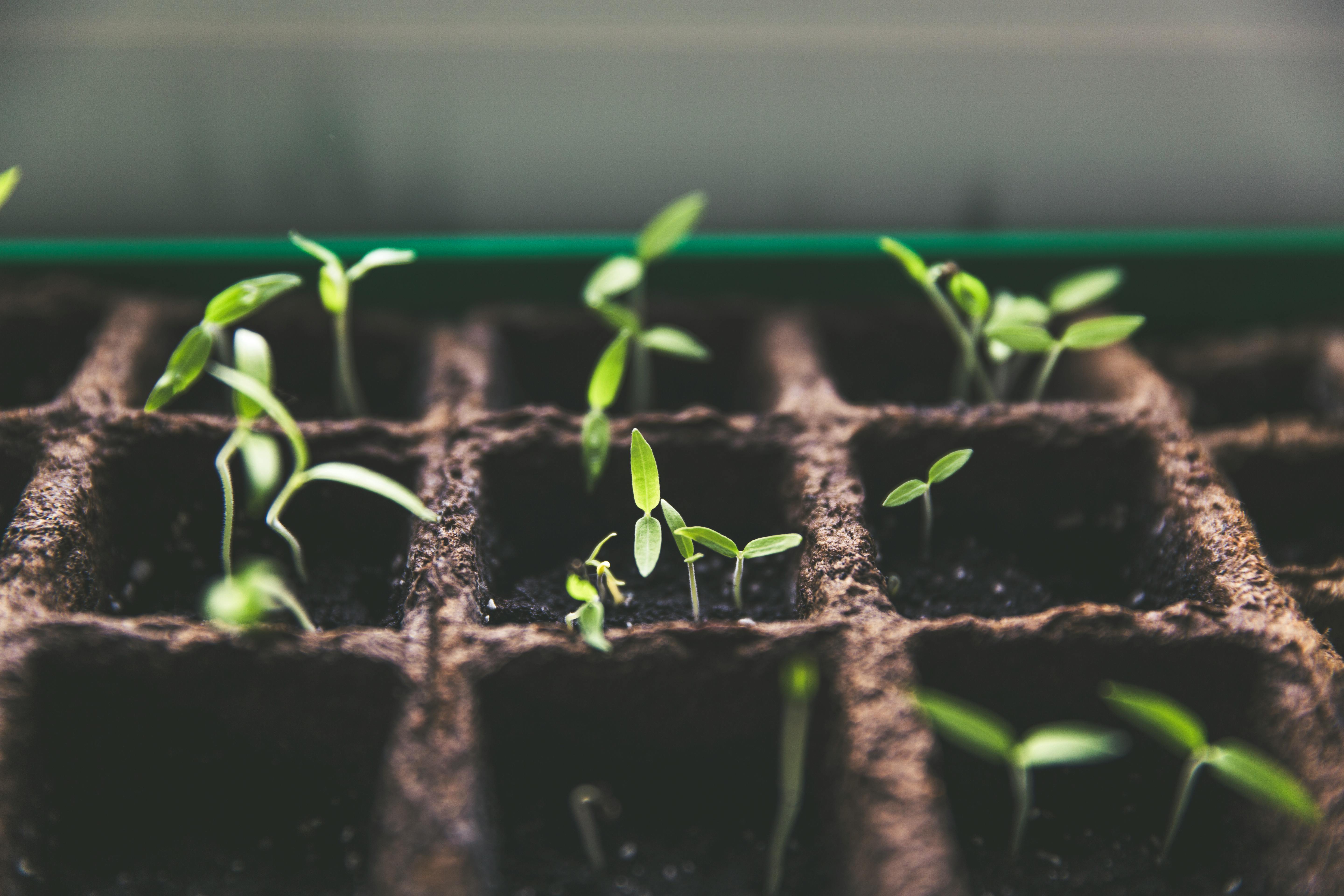
Local farms like ours often use more sustainable growing practices, from soil health management to reduced transportation and packaging. Eating locally means fewer food miles, lower carbon emissions, and a smaller environmental footprint overall.
Community Resilience
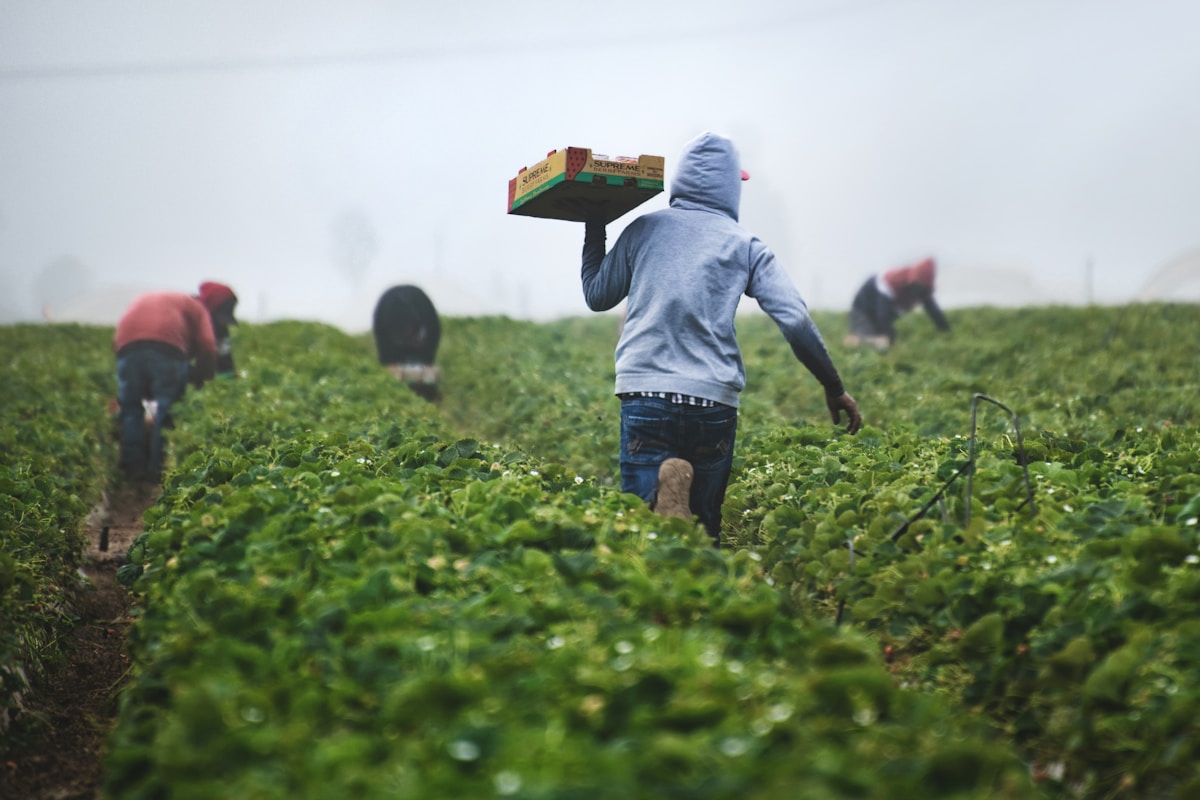
When supply chains break down — whether from global disruptions or natural disasters — local food systems help ensure access to fresh, reliable food. They build self-reliance and strengthen our ability to care for one another.
Real Relationships

How You Can Support Your Local Food System
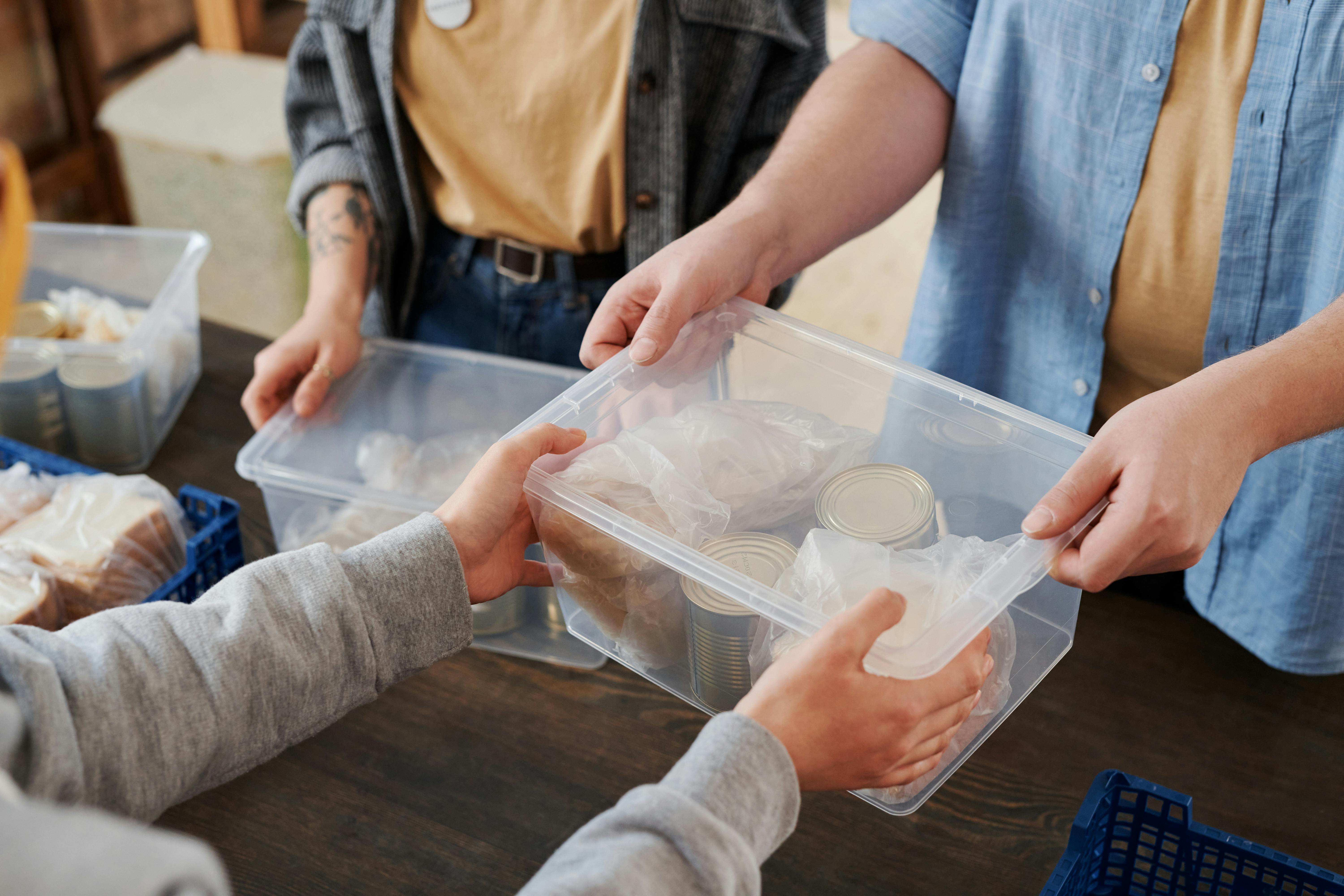
Supporting local doesn't have to mean growing your own garden (though that's wonderful too). Here are a few simple ways to make a difference:
Shop local: Visit your farmers market or sign up for a local produce box.
Eat seasonally: Focus on what's naturally growing right now in your area.
Get to know your farmers: Ask questions, share recipes, and build community.
Spread the word: Encourage friends and family to buy local and support small farms.
Donate to your local food bank: Support your community by making donations to your local food bank. The rising cost of food from the grocery store will lead to increased dependence on these resources.
We'd love to hear from you: What do you value most about buying local? Are there topics you'd like us to explore or local food challenges you're curious about? Drop us a comment or message — your questions and stories help us grow this community together.
Stay connected with us for more tips, seasonal updates, and farm inspiration:
From our garden to yours — here's to a thriving local food community that nourishes everyone.